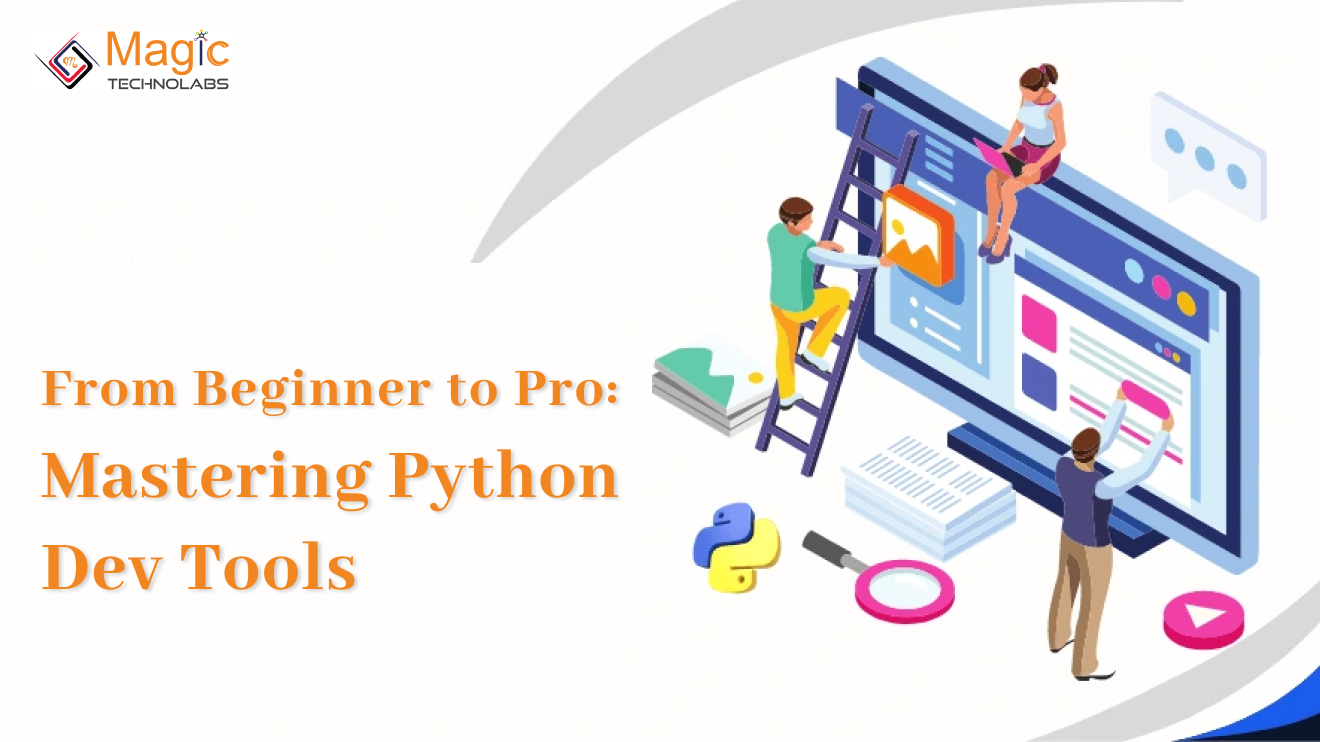Congratulations! You've embarked on the exciting journey of learning Python. Now, it's time to take your skills from basic coding to coding like a pro. The secret weapon? Mastering essential Python developer tools.
Why Dev Tools Matter?
Think of these tools as your programmer's toolkit. They streamline your workflow, making development faster, more efficient, and most importantly, more enjoyable. Imagine writing cleaner code, catching errors before they happen, and automating repetitive tasks – that's the power of dev tools!
Essential Tools for Every Python Developer:
Integrated Development Environments (IDEs): These are all-in-one platforms that provide code editing, debugging, testing, and version control features. Popular options include PyCharm, Visual Studio Code with Python extension, and Spyder.
Code Editors: For a lighter weight experience, consider code editors like Sublime Text or Atom with Python plugins. These offer syntax highlighting, code completion, and basic debugging capabilities.
Version Control Systems (VCS): Tools like Git and GitHub allow you to track code changes, collaborate with others, and revert to previous versions if needed. Version control is a must-have for any developer.
Linters & Static Code Analyzers: Tools like Pylint and Flake8 scan your code for potential errors, style inconsistencies, and security vulnerabilities. These are your virtual code critics, helping you write more reliable and maintainable code.
Testing Frameworks: Writing effective tests ensures your code functions correctly. Popular Python testing frameworks include unittest and pytest. These tools help you identify and fix bugs before they reach production.
Beyond the Basics:
As you progress, explore advanced tools like:
Debuggers: Tools like pdb help you step through your code line by line, identify where errors occur, and inspect variables in real-time.
Profilers: These tools analyze your code's performance, pinpointing bottlenecks and allowing you to optimize your programs.
Data Science & Machine Learning Libraries: For specialized tasks, libraries like NumPy, pandas, and scikit-learn offer powerful tools for data analysis and machine learning applications.
Mastering the Tools:
The key to mastering these tools is practice! Start with the basics, like using an IDE and writing basic unit tests. As your skills grow, incorporate more advanced tools into your workflow. Remember, the best way to learn is by doing, so experiment, build projects, and explore the vast ecosystem of Python development tools.
With dedication and a focus on mastering these tools, you'll transform from a Python beginner to a coding pro, ready to tackle any programming challenge. So, grab your virtual toolkit and get coding!
















